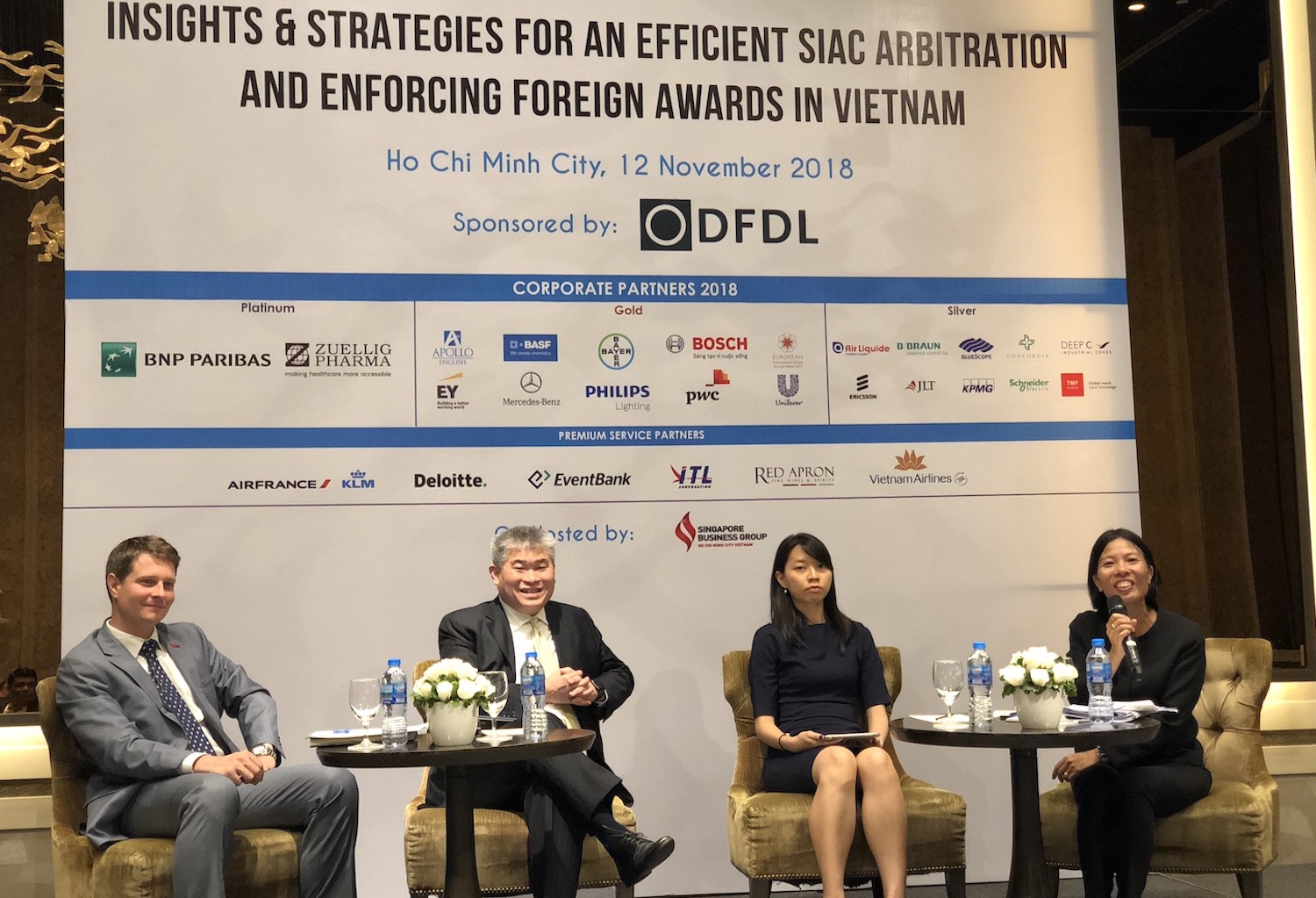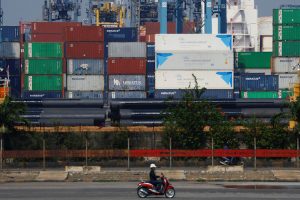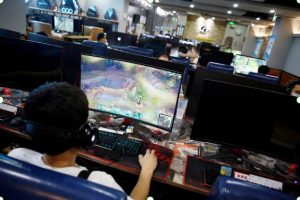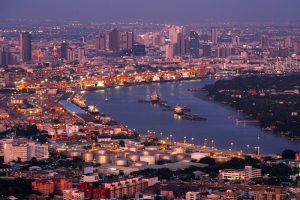(ATF) Singapore has outpaced Hong Kong as a venue for arbitration in a further blow to the Chinese special administrative region’s once-respected legal system.
The Singapore International Arbitration Centre (SIAC) said a record 1,080 new cases had been filed in 2020, more than double the figure of the previous year, underscoring the city’s quiet push to become the region’s leading dispute resolution centre.
The jump in filings comes as more international corporations consider avoiding Hong Kong as a venue for legal contracts over concerns that China’s growing influence may undermine the rule of law.
Hong Kong managed just 438 cases in 2020, down from 503 the previous year, Hong Kong International Arbitration Centre (HKIAC) data show.
While SIAC handled deals worth $8.5 billion, HKIAC’s equivalent number was $8.8 billion, reflecting Hong Kong’s historical importance to large multinational corporations.
But Hong Kong recorded a reduction in the proportion of new arbitration filings that were “international”, defined as at least one party not being from Hong Kong.
SPURRING SINGAPORE
Singapore, which is usually reticent about moving into Hong Kong’s turf over fears of upsetting Beijing, was particularly strident about its push for arbitration dominance.
“These numbers are exceptional and will spur us to work even harder on improving the quality and efficiency of SIAC’s case administration, to fulfil our goal of being the leading choice of users all over the world,” Gary Born, president of the SIAC Court of Arbitration, said.
But some lawyers say Hong Kong will continue to be an important venue for arbitration.
“Hong Kong still is and will continue to be a popular destination for international arbitration, in light of its well-regarded and independent judiciary and arbitration institutions, and its arbitration-friendly laws,” James Kwan, a partner at Hogan Lovells, said.
The World Economic Forum said in 2019 that Hong Kong ranks first in Asia and eighth overall globally for judicial independence – a ranking of courts that are not subject to improper influence from the other branches of government or from private or partisan interests.
However, that ranking was issued before China cracked down on Hong Kong’s autonomy following widespread unrest over the city’s sputtering democracy.
























